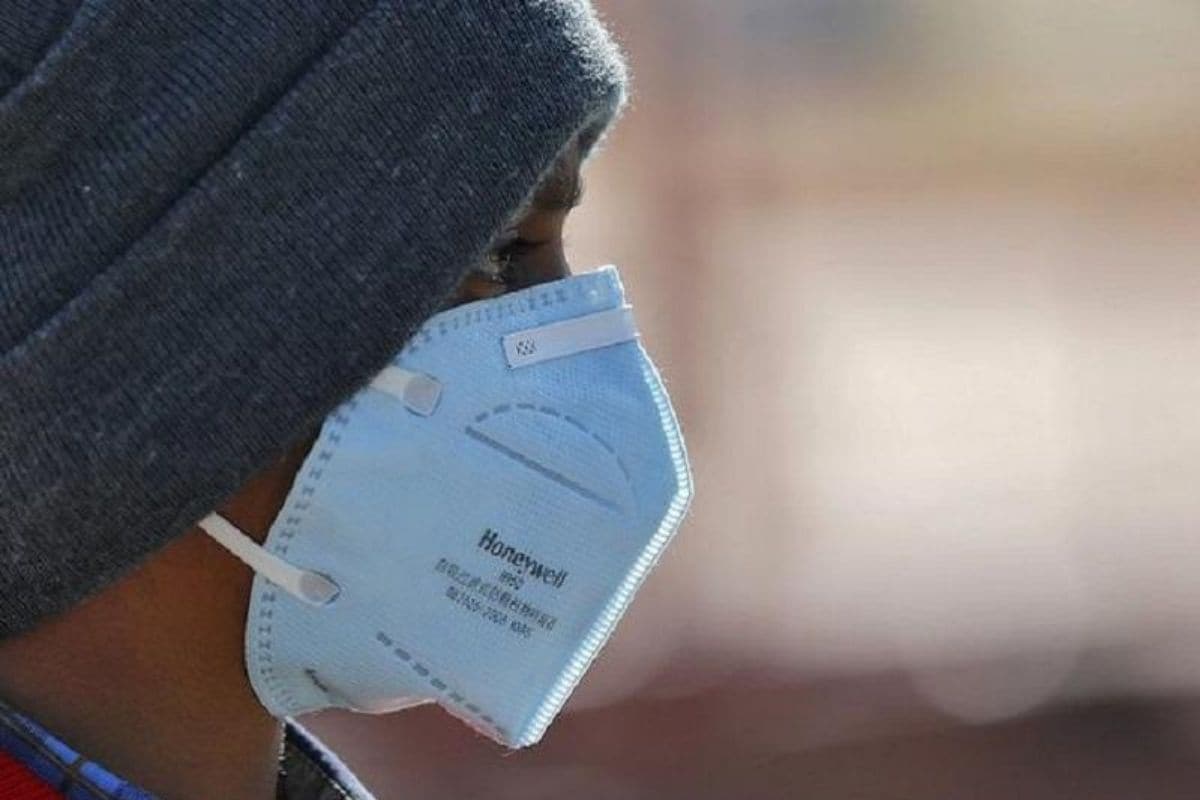
A cough is usually associated with a number of habits, health conditions and upper respiratory tract infections, including the common cold, asthma, smoking and, of course, COVID-19. Even at the beginning of the coronavirus pandemic, one of the three basic symptoms of this viral infection identified by the World Health Organization was a cough.
It was assumed around March 2020 that the cough associated with COVID-19 is dry, but subsequent research studies showed that some COVID-19 patients had a wet or phlegm-filled cough. A study published in The Lancet in July 2020, for example, came to the conclusion that many patients can develop a phlegmatic cough days after getting the infection, and even during hospitalization.
This means that a patient recovering from COVID-19 could have either a dry or a wet cough to deal with. Managing the cough, clearing it out properly and being able to breathe freely again is a big part of the recovery process that every COVID-19 patient has to go through. Maintaining a good COVID-19 recovery diet packed with vitamins, minerals and antioxidants can surely help deal with the cough to some extent. Here are a few tips recommended by the UK’s National Health Service that can help you manage both types of cough as you recover from COVID-19.
Tips to manage a dry cough
A dry cough can put a lot of strain on your throat and make sleep next to impossible. Cover your mouth when you cough and wash your hands with soap and water frequently.
Tips to manage a wet cough
Having to spit out your cough and phlegm frequently makes a wet cough very difficult to handle. It’s important that you take every precaution and dispose of your cough safely to prevent the spread of the virus.
For more information, read our article on Complete Guide to Post-COVID-19 Care.
Health articles on News18 are written by myUpchar.com, India’s first and biggest resource for verified medical information. At myUpchar, researchers and journalists work with doctors to bring you information on all things health.
The information provided here is intended to provide free education about certain medical conditions and certain possible treatment. It is not a substitute for examination, diagnosis, treatment, and medical care provided by a licensed and qualified health professional. If you believe you, your child or someone you know suffers from the conditions described herein, please see your health care provider immediately. Do not attempt to treat yourself, your child, or anyone else without proper medical supervision. You acknowledge and agree that neither myUpchar nor News18 is liable for any loss or damage which may be incurred by you as a result of the information provided here, or as a result of any reliance placed by you on the completeness, accuracy or existence of any information provided herein.